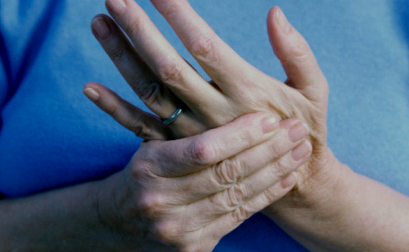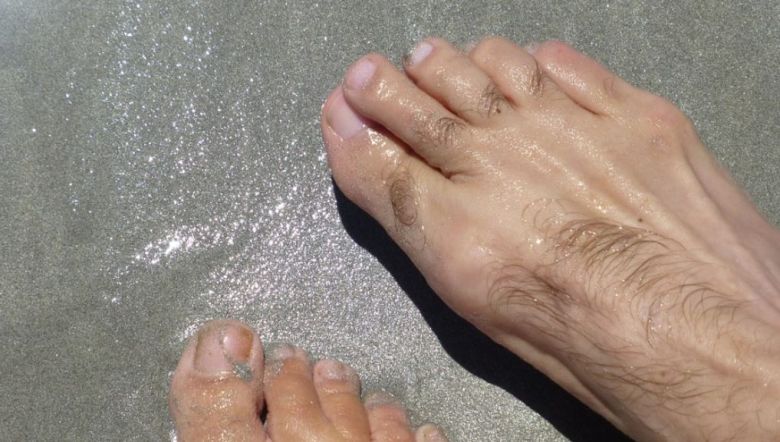

If you’re experiencing any or all of these symptoms, please consult with your doctor. Digestive problems (constipation, vomiting, diarrhea, trouble swallowing)Īs you can see, the signs vary between each set of nerves and can affect individuals differently.It causes muscle weakness, loss of reflexes, and numbness or tingling in. Symptoms caused by nerve damage to the autonomic nerves include: Guillain-Barr syndrome (say ghee-YAN bah-RAY) is a problem with your nervous system.

Our autonomic nerves regulate the internal functions of our bodies, such as breathing and heart rate. Individuals experiencing these symptoms often have trouble standing on their own, walking, going up and down stairs, picking up utensils or turning a door handle. Motor nerves or “efferent nerves” relay impulses from the brain and spinal cord to the muscles. Stabbing or burning pain (will vary from moderate to extreme) Tingling and numbness in the feet are common symptoms of poor circulation, medically diagnosed as Peripheral Artery Disease (PAD).Numbness and tingling (typically felt in the hands and feet) - it’s a challenge to pick up things or walk.If you’re suffering with nerve pain, the following symptoms may be caused by damage to the sensory nerves.
Tiredness and pins and needles in hands and feet skin#
Sensory nerves relay sensations from the skin back to the brain. Each set of nerves is designed with a specific purpose and have their own unique symptoms. So, what causes certain kinds of nerve pain symptoms? Well, it starts with three types of nerves within the peripheral nervous system. If an individual is showing signs of numbness in the hands, it may be hard to get the message to the brain. For example, touching a hot plate or picking up a cold glass of water. The purpose of these nerves is to relay signals of physical sensation back to the brain.

Unfortunately, it’s our hands and feet that are the first to experience the unrelenting signs of nerve pain. These nerves also stretch to our internal organs, mouth and face. First, let’s take a closer look at peripheral neuropathy.Įach person has a string of peripheral nerves that begin at the brain and spinal cord and run down toward our hands and feet. However, there are many other symptoms to nerve pain that can trigger the onset of chronic pain. Cold hands and feet may ache or throb, especially as they start to warm and blood flow returns. It’s common to experience pain in the arms, hands, legs or feet and feel a tingling, burning or stabbing sensation that won’t stop. Poor circulation can cause pain in the legs, feet, arms, and hands. Pain comes in many shapes and sizes, especially when we’re talking about peripheral neuropathy or nerve pain.


 0 kommentar(er)
0 kommentar(er)
